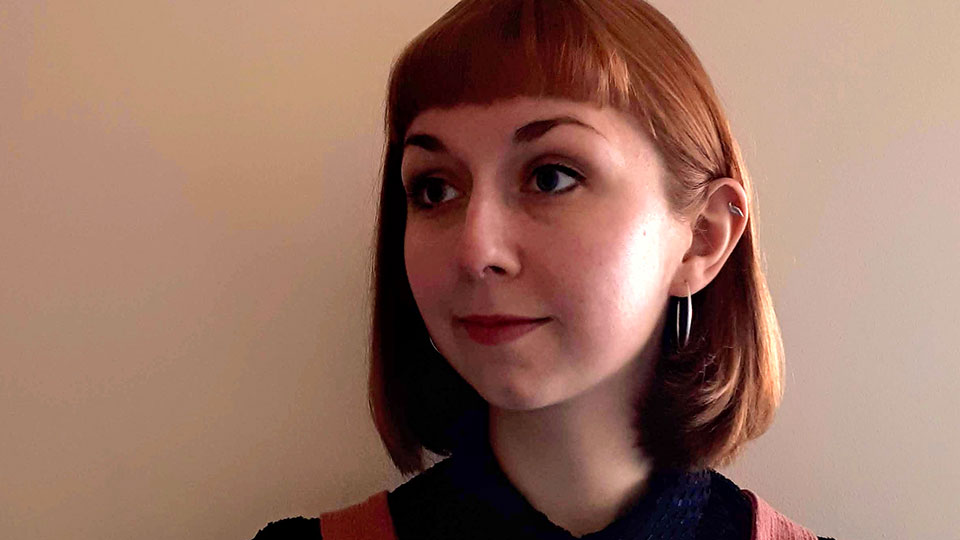Jenna Clake
Lecturer in Creative Writing, School of Social Sciences, Humanities & Law.

Intersectional feminism, and issues of representation, diversity, and inclusivity, are at the heart of my research and teaching. Alongside my colleague Dr Rachel Carroll, I am a member of the School of Social Sciences, Humanities and Law’s Athena Swan self-assessment team, and HASteN, the Humanities and Social Sciences Equality Network North East. Teesside University is a member of the Northern Bridge Doctoral Training Partnership Consortium. I am enthused by the Collaborative Doctoral Award (CDA) model: a PhD studentship in which a student collaborates with an organisation on a research project, allowing the student to develop skills as a researcher and in the workplace. CDAs provide those from ‘non-traditional’ academic backgrounds with opportunities to pursue doctoral study, using their professional experience to support their applications. The CDA process is highly competitive; only the highest scoring are awarded funding, once a suitable candidate has been selected.
A number of important discussions, reports, and critical perspectives consider current issues of diversity in British poetry, including: ‘The State of Poetry and Poetry Criticism in the UK and Ireland’ (Coates, 2019); The Complete Works scheme for black and Asian poets, and the Ledbury Emerging Poetry Critics scheme; the exclusion of working class writers (de Waal, 2018), and virtual literary festivals (Jones, 2017). Although these reports and discussions focus on the publishing industry in the UK, there has not yet been a thorough investigation into issues of diversity and inclusivity as they relate to UK literary festivals, and how these are being addressed.
I therefore approached Dr Charlotte Barnes, Director of Sabotage Reviews – an online reviewing publication that also hosts the Saboteur Awards, an annual literary festival – to develop a CDA focusing on this issue. Working with my colleague Dr Sophie Nicholls, the CDA was developed to involve: (i) a piece of creative practice-based research, engaging communities in the development of original poetic work, culminating in performance; and (ii) an exploration of the challenges involved in the development of inclusivity in literary festivals using The Saboteur Awards as case study, in order to make recommendations for future practice.
The success of my CDA is an exciting opportunity: this is Teesside University’s first award as a member of the Consortium. As an early-career researcher, working with colleagues on the CDA has enabled me to cultivate skills in developing research projects, and will help me to establish myself as a PhD supervisor. I look forward to welcoming Christina Wilson to Teesside University, and supporting her during this important and influential project.